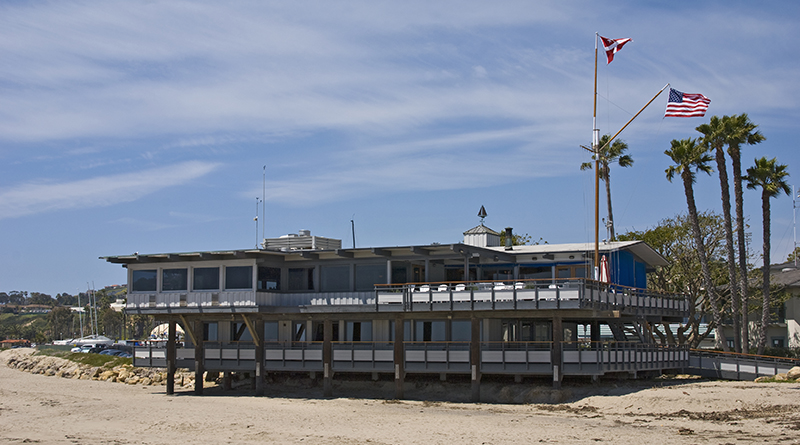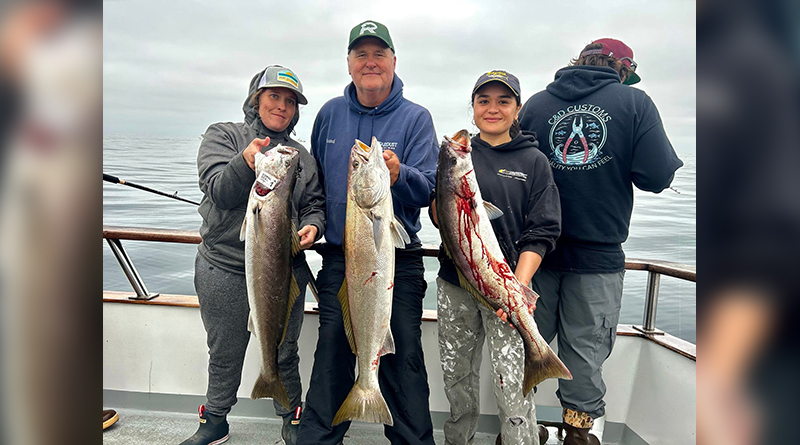WASHINGTON—A bill that would phase out large mesh drift gillnets in the federal waters off the coast of California has passed the House and is now headed for the President’s desk.
The House passed the Driftnet Modernization and Bycatch Reduction Act, a bipartisan bill introduced by U.S. Senators Shelley Moore Capito (R-W.Va.) and Dianne Feinstein (D-Calif.), on Dec. 10. The Senate passed the bill in July.
“We’re finally close to removing deadly large mesh drift gillnets from California’s waters,” Senator Feinstein said in a released statement. “I’m hopeful the president will now sign our bipartisan bill to phase out these harmful nets and help the industry transition to more efficient, sustainable and profitable methods.”
In 2018, California passed a four-year phase out of mesh drift gillnets in state waters to protect marine life. However, the nets remained legal in federal waters off the California coast, the only place the nets are still used in the United States.
Large mesh drift gillnets, which are between a mile and a mile and a half long and can extend 200 feet below the ocean surface, are left in the ocean overnight to catch swordfish and thresher sharks. The nets have been criticized because at least 60 other marine species, including whales, dolphins, sea lions, sea turtles, fish and sharks, can also become entangled, injuring or killing them. Most of these animals, referred to as bycatch, are then discarded.
The bill would provide fishermen assistance from the National Oceanic and Atmospheric Administration (NOAA) to transition away from mesh drift gillnets and toward more sustainable methods, such as deep-set buoy gear. Deep-set buoy gear uses a hook-and-buoy system that attracts swordfish with bait and alerts fishermen immediately when a bite is detected.
A seven-year study by the Pfleger Institute of Environmental Research found that fishing vessels using the new deep-set buoy gear caught 83 percent more swordfish than those using traditional large mesh drift gillnets.
“There have been decades of effort trying to clean up the California swordfish fishery and today that hard work paid off,” Glenn Hughes, president of the American Sportfishing Association, said in a released statement Dec. 10. “We’ll now be able to manage this fishery to ensure abundant sportfish populations are available for future generations.”





